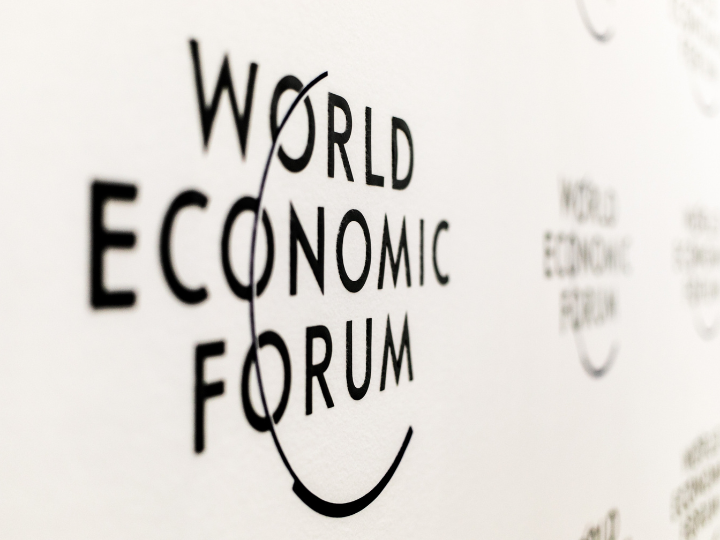by Alexandra Brzozowski
After years of gatherings debating ‘market-based solutions’ to financial crises, climate doom, and slowing economic global growth, it’s clear that Davos cannot solve the problems its elites keep creating.
Yes, this is another rant about Davos.
This year’s cosy gathering of businesspeople, politicians, academics, campaigners, and celebrities in a Swiss Alp ski resort drew record crowds – everyone seemed so eager after two pandemic years – but there are fewer heavyweights in attendance than before COVID.
The most notable absentees include US President Joe Biden, China’s Xi Jinping, Indian Prime Minister Narendra Modi, French President Emmanuel Macron, and UK Prime Minister Rishi Sunak.
If you ask delegates and organisers, Davos’ success has derived from the fact that it is a place that convenes power and influential delegates who benefit from a globalised economic system where trade and capital can move freely across the globe.
Sure, it has always been a glitzy exercise, a bit out of touch with everyday reality, with dozens of deals on the sidelines and concrete action being rather harder to measure. But fundamentally, the bottom line was to come up with smart solutions to the world economy’s problems.
Or at least that’s how Davos tried to market itself, even though it was always illusory to expect any real change from the Davos crowd, since any real change always poses a risk to those who benefit from the current situation the most.
This year, though, the criticism of the shiny forum takes a more sinister undertone, as the biggest war in Europe since 1945 has deepened the rifts in the world economy, climate change is threatening the livelihood of millions, and countries of the Global South are staggering under threat of sovereign default.
“We are in the worst situation of my lifetime,” UN Secretary-General Antonio Guterres told the forum delegates on Wednesday (18 January), warning that the world is in a ‘sorry state’.
Guterres condemned ‘Big Oil’ for ignoring its own climate science, accusing the oil and gas industry of seeking to expand production knowing “full well” that their business model is incompatible with human survival.
“Benchmarks and criteria [for net-zero commitments] are often dubious or murky,” he added.
To be fair, his position doesn’t really allow for more upbeat tones, judging by the sorry state of the world these days. But no one can argue he doesn’t have a point.
For years, Davos has prided itself on its climate agenda but – with attending officials from companies the most responsible for greenhouse gas emissions unwilling to move – it has mostly been talking to a wall. Basically, a wall talking to itself.
Meanwhile, the world’s largest financial institutions and their executives continue to pour hundreds of billions of dollars into an industry producing and burning fossil fuels, according to an NGO report published ahead of the forum this week.
But let’s forget climate change just for a second. Because poverty and food insecurity could soon become more pressing issues.
“I am not convinced that the wealthier world truly grasps the degree of frustration and anger in the Global South,” Guterres told Davos delegates.
The COVID-19 pandemic, he added, as well as Russia’s war on Ukraine and the energy crisis have exposed a “morally bankrupt financial system in which systemic inequalities are amplifying societal inequalities”.
In the past two years, the richest 1% accumulated nearly twice as much new wealth as the rest of the world, according to an Oxfam report, also published this week.
The problem is, quoting from Oxfam’s (or any other non-profit’s) reports does not count as a good deed, it’s lip service at best.
Even worse, the deals struck on the sidelines of Davos between governments and international companies are more likely to keep top players at the top, much to the detriment of start-ups and smaller businesses with more climate and human rights-friendly policies.
Besides, while the forum does bring together some geopolitical actors who could potentially make important agreements on the sidelines, Davos’ theme this year – ‘cooperation in a fragmented world’ – almost instantly suggests that really difficult issues won’t get to be centre-stage.
Still, instead of thinking about whether Davos is failing, it might be better to consider ways to fix it. As it is now, one can hardly expect the culprits to come up with solutions to the problems they caused themselves.
*first publsihed in: Euractiv.com




 By: N. Peter Kramer
By: N. Peter Kramer
